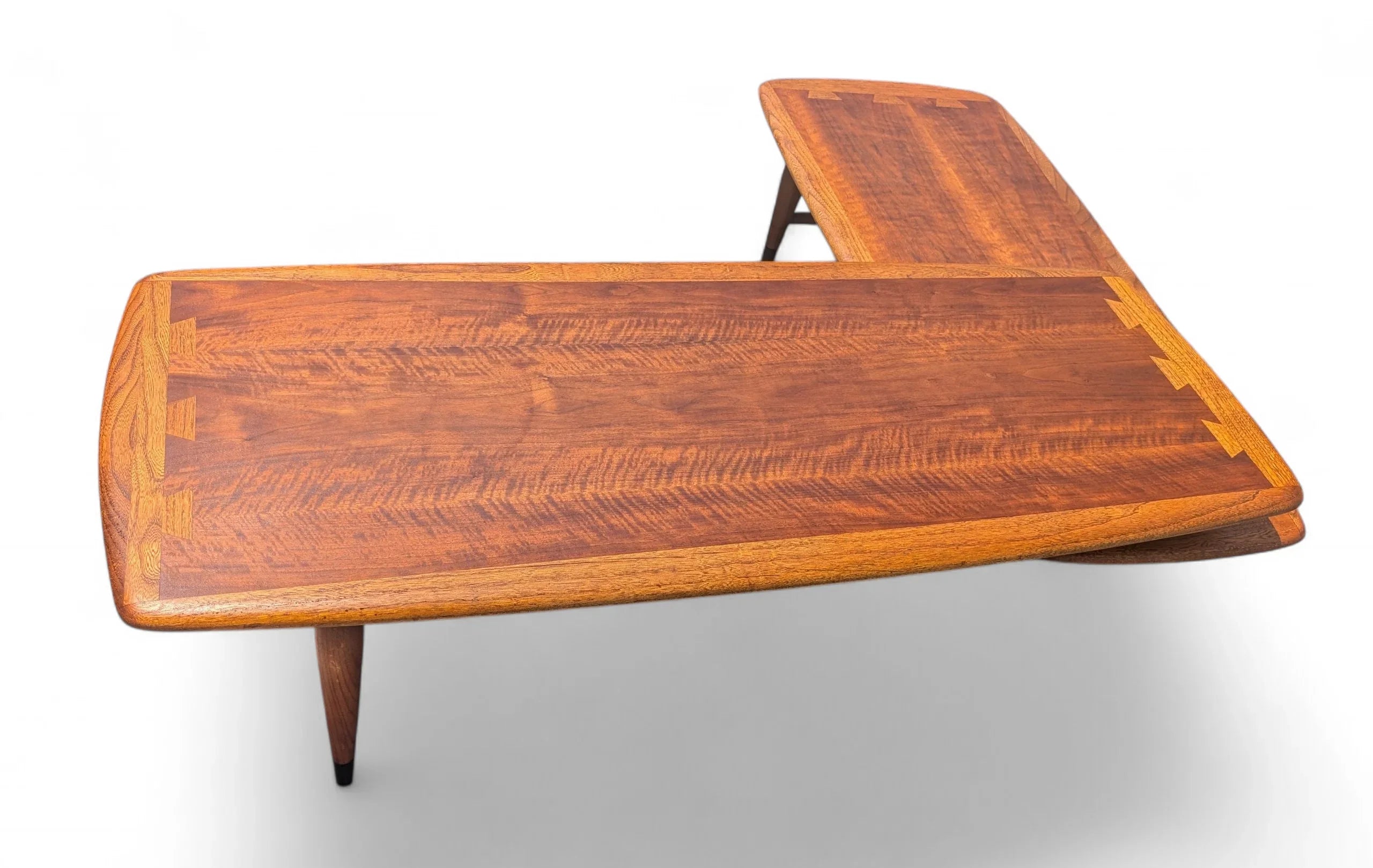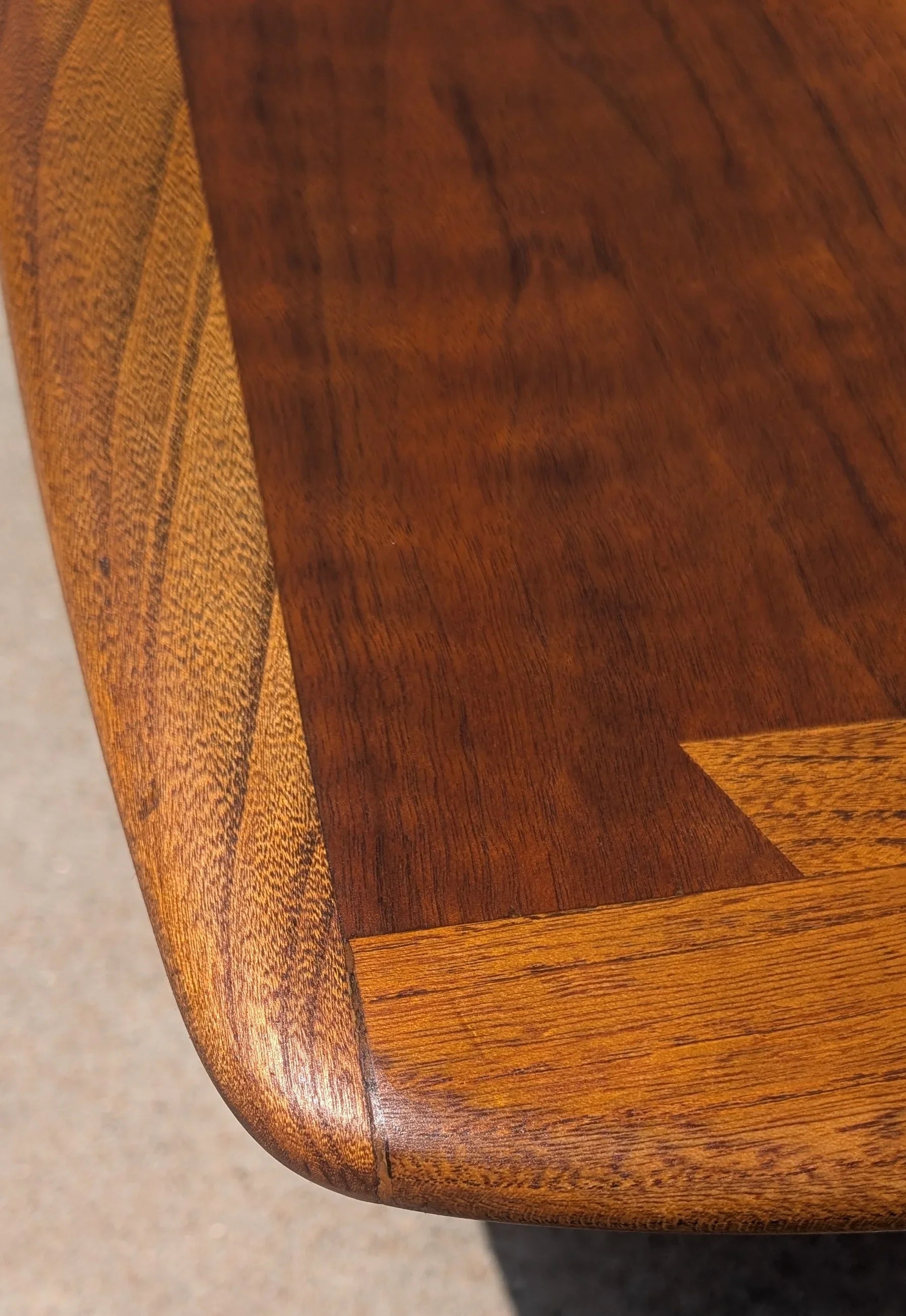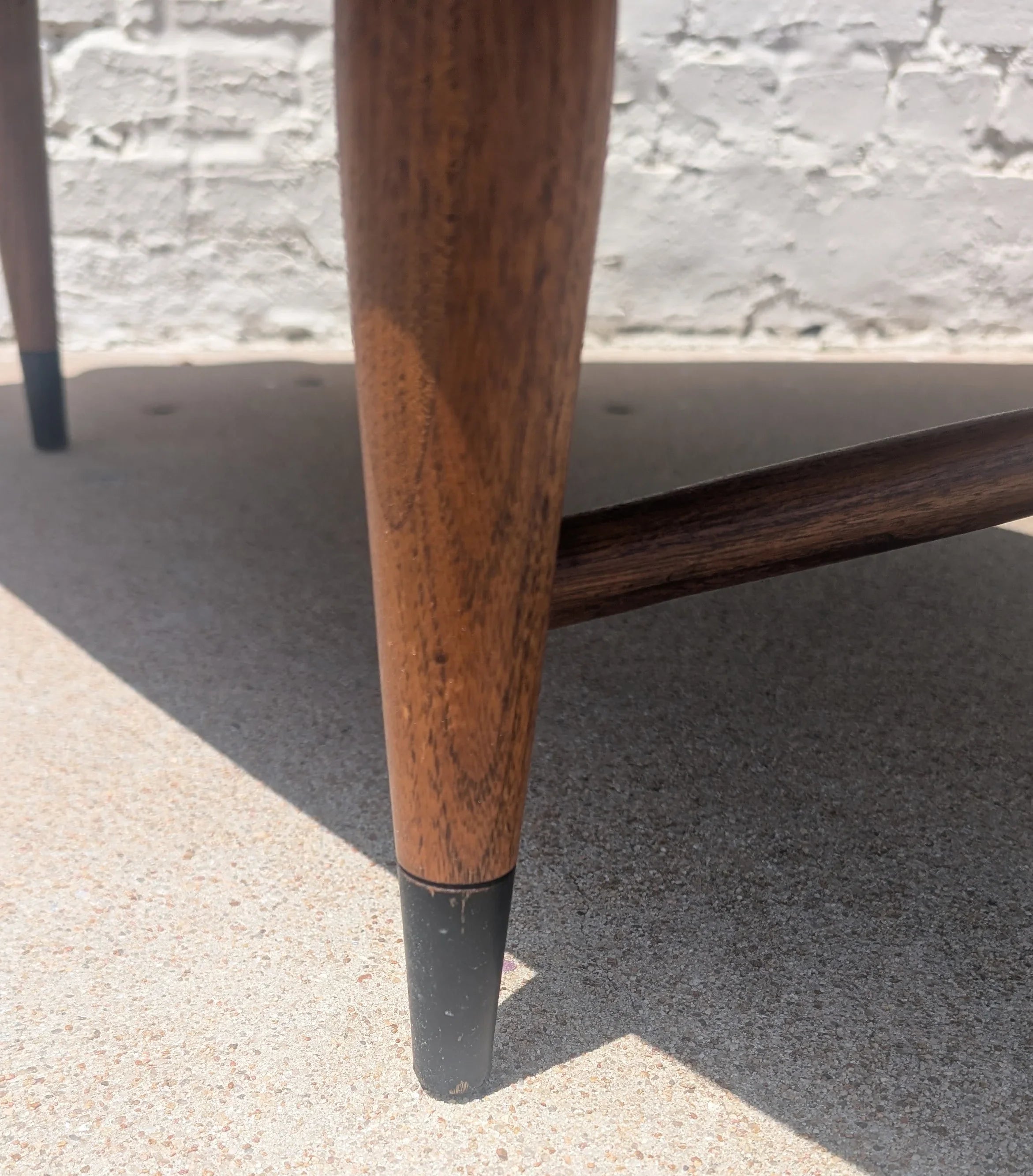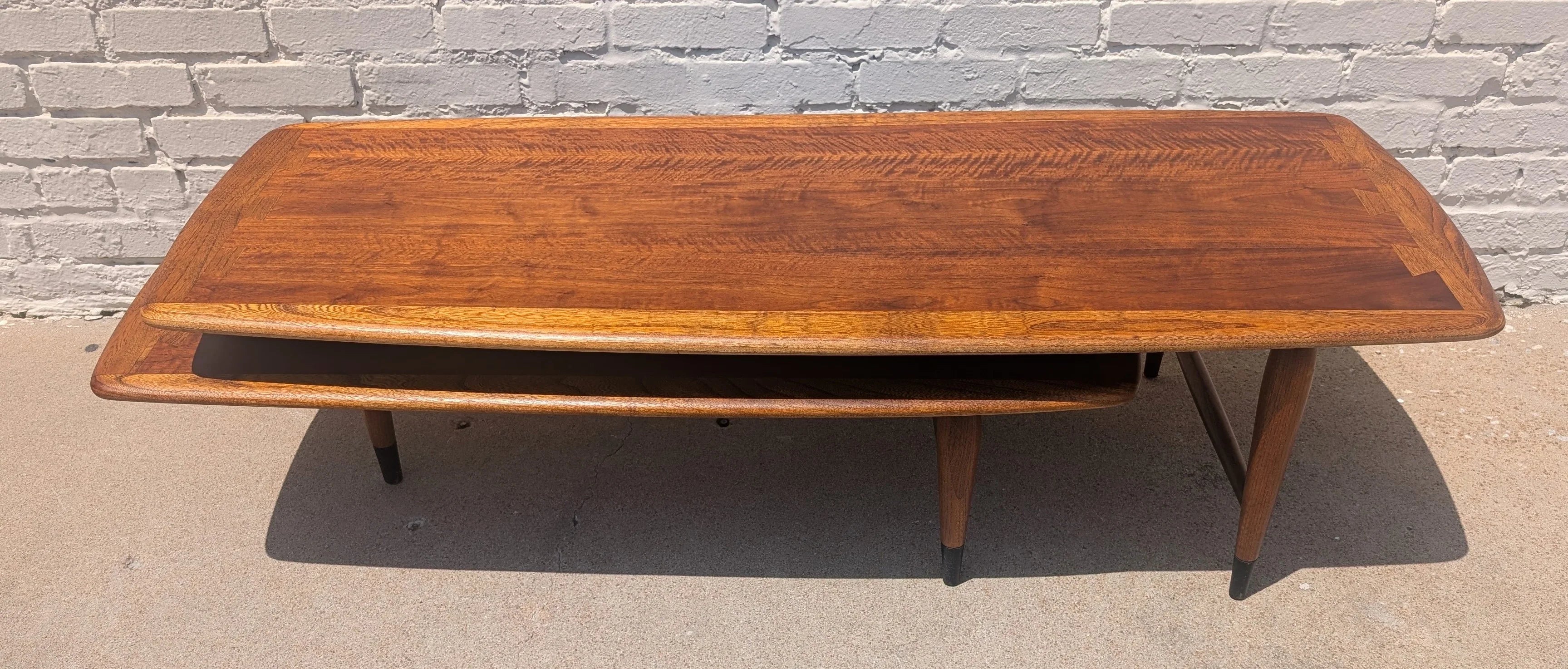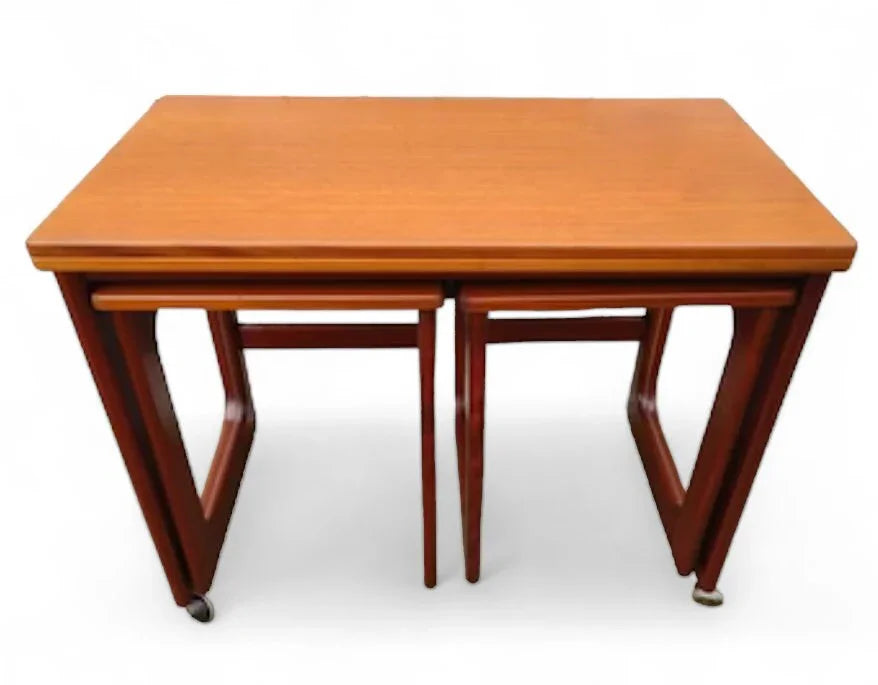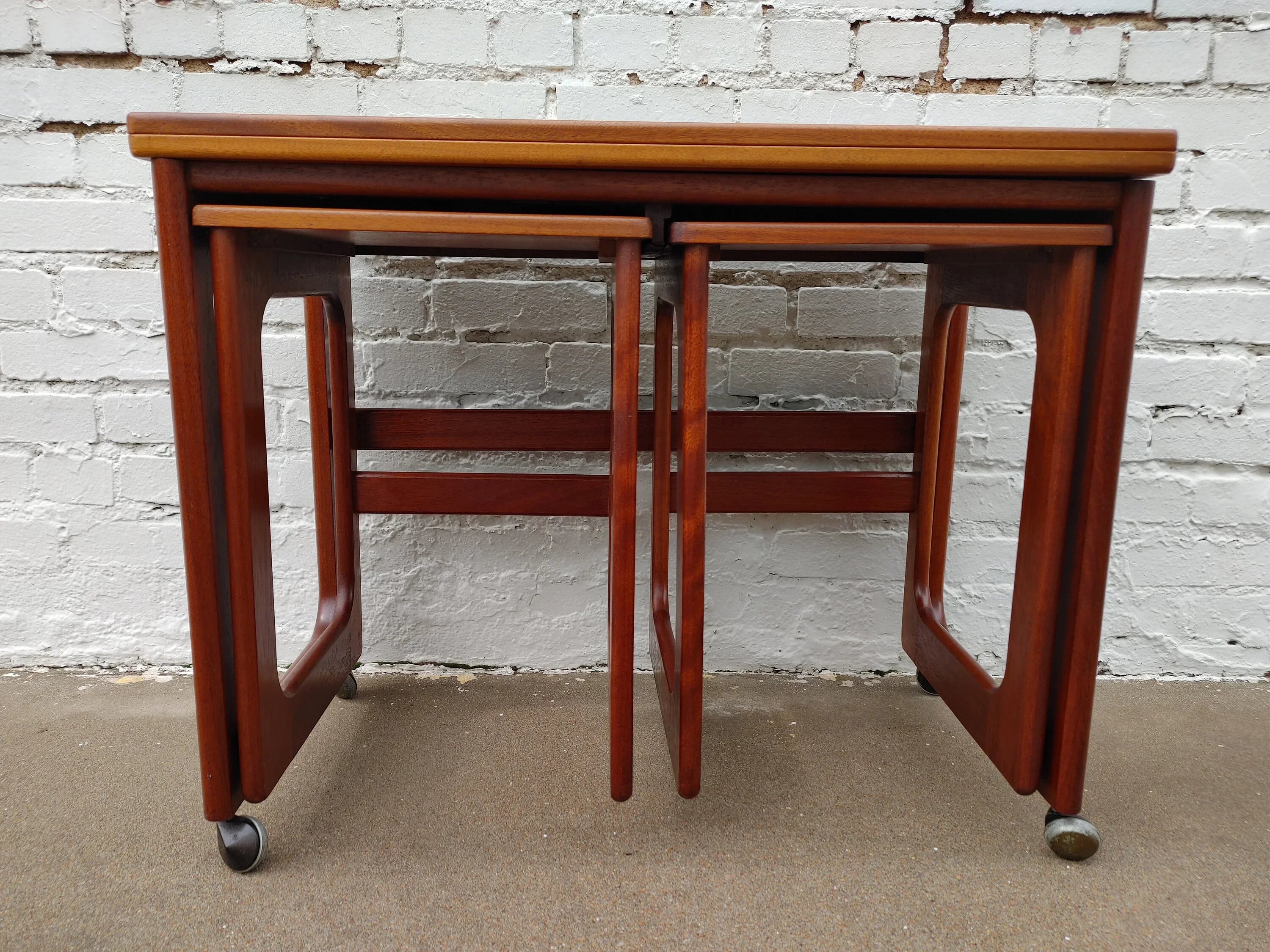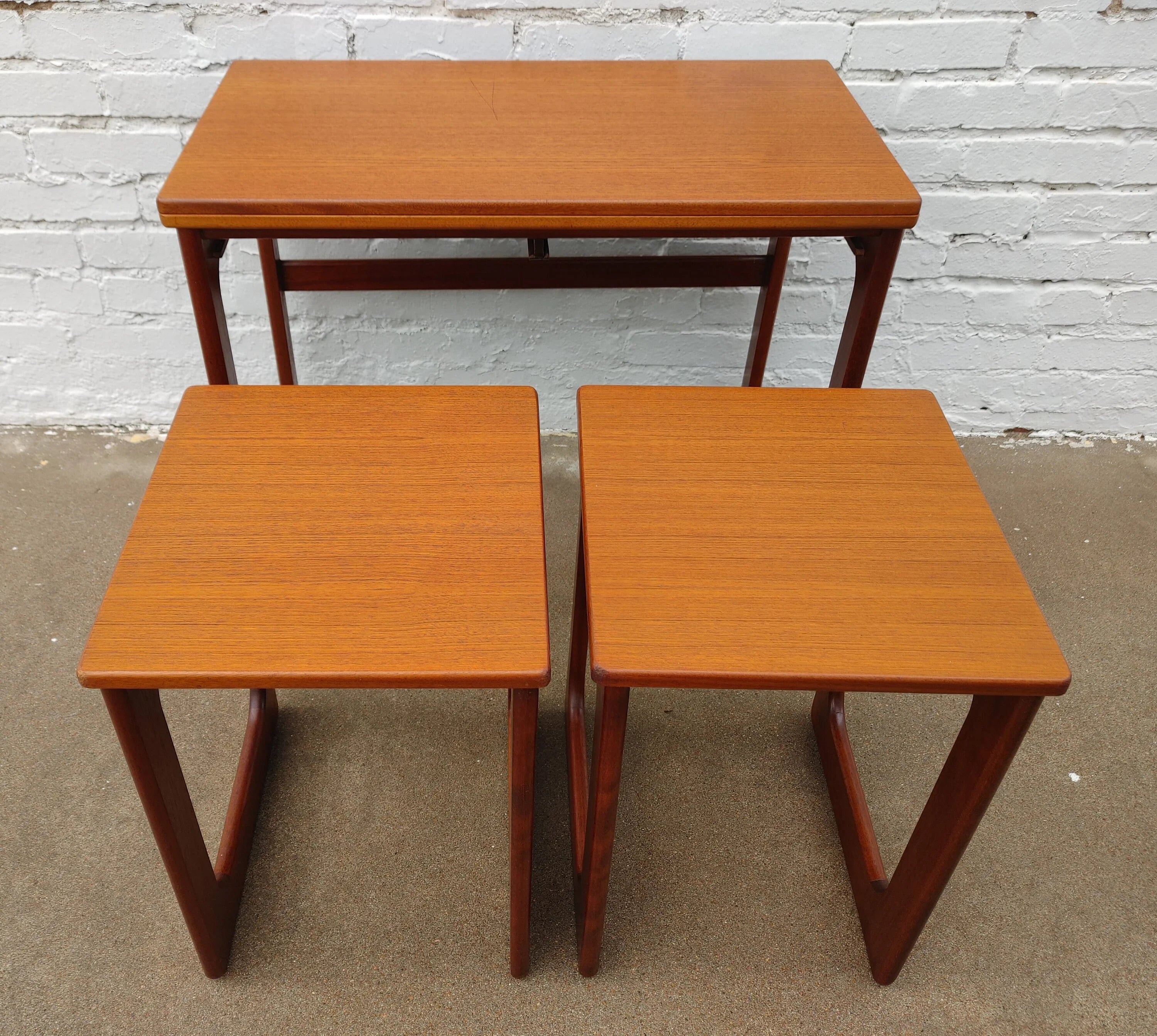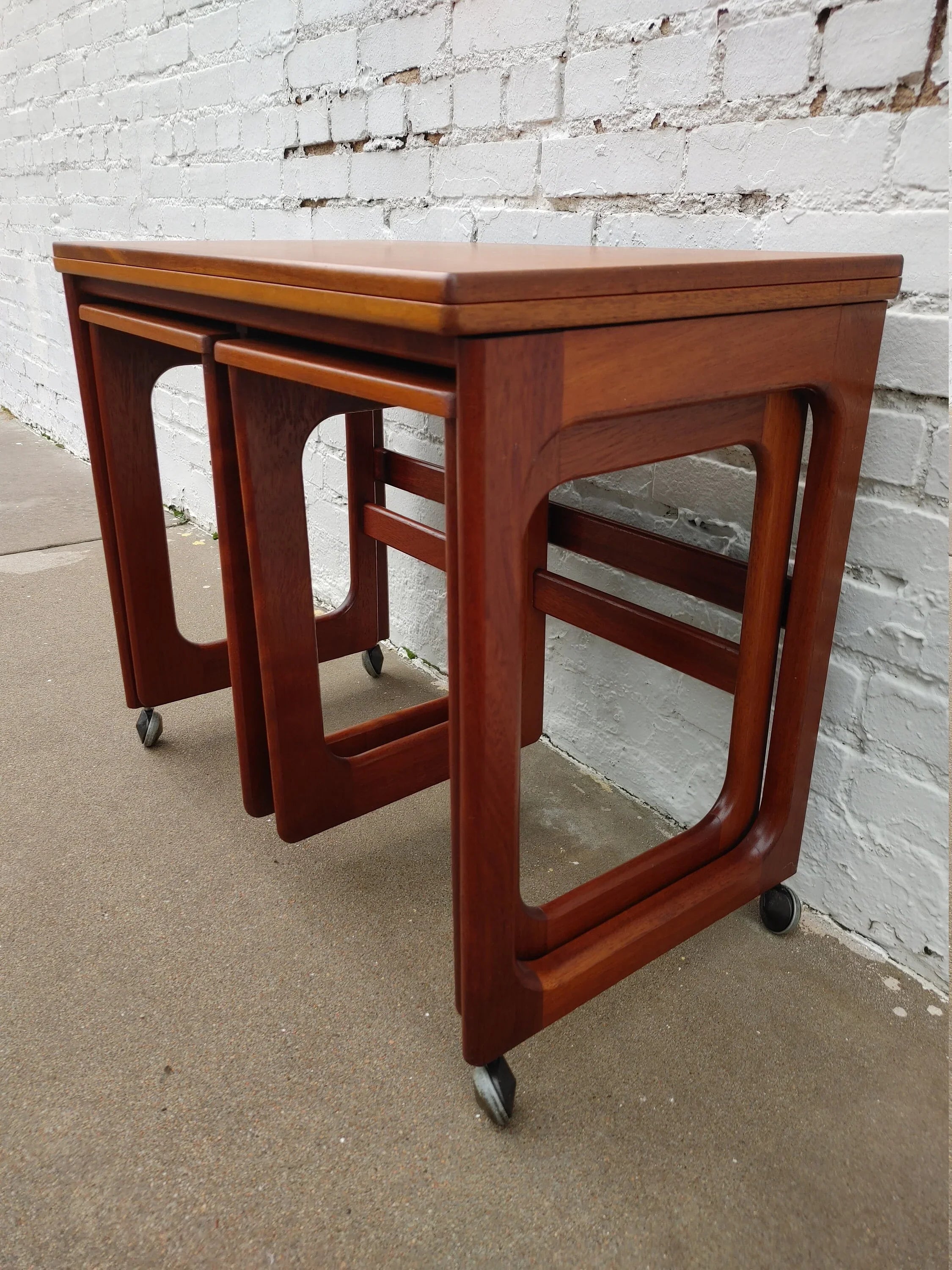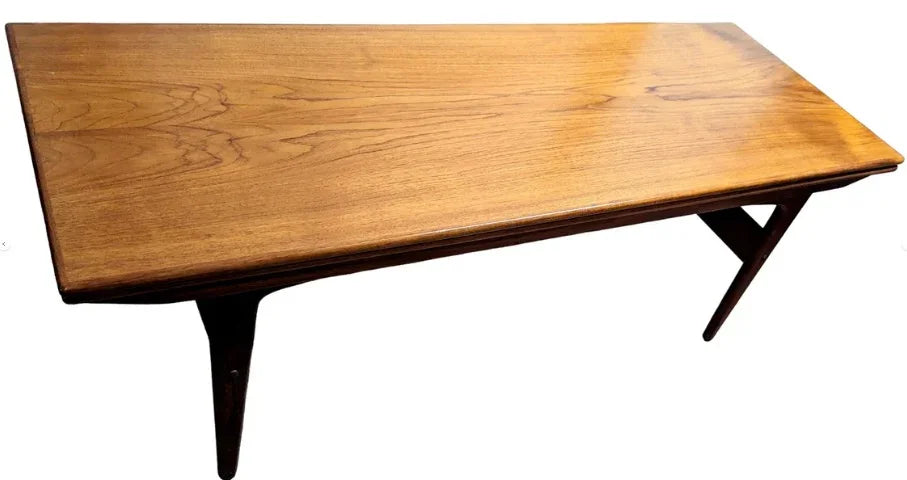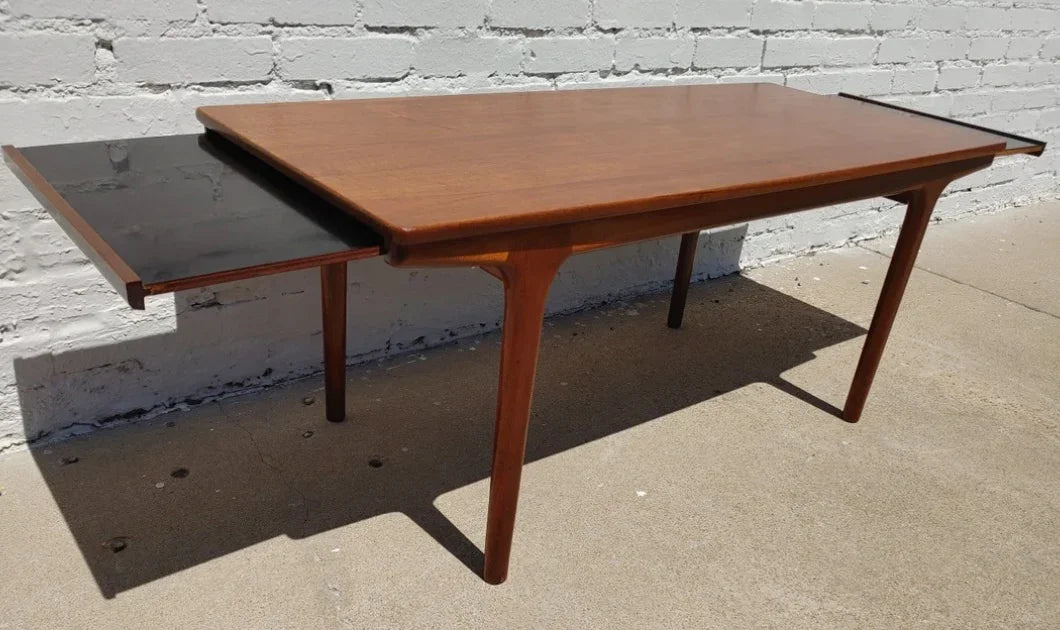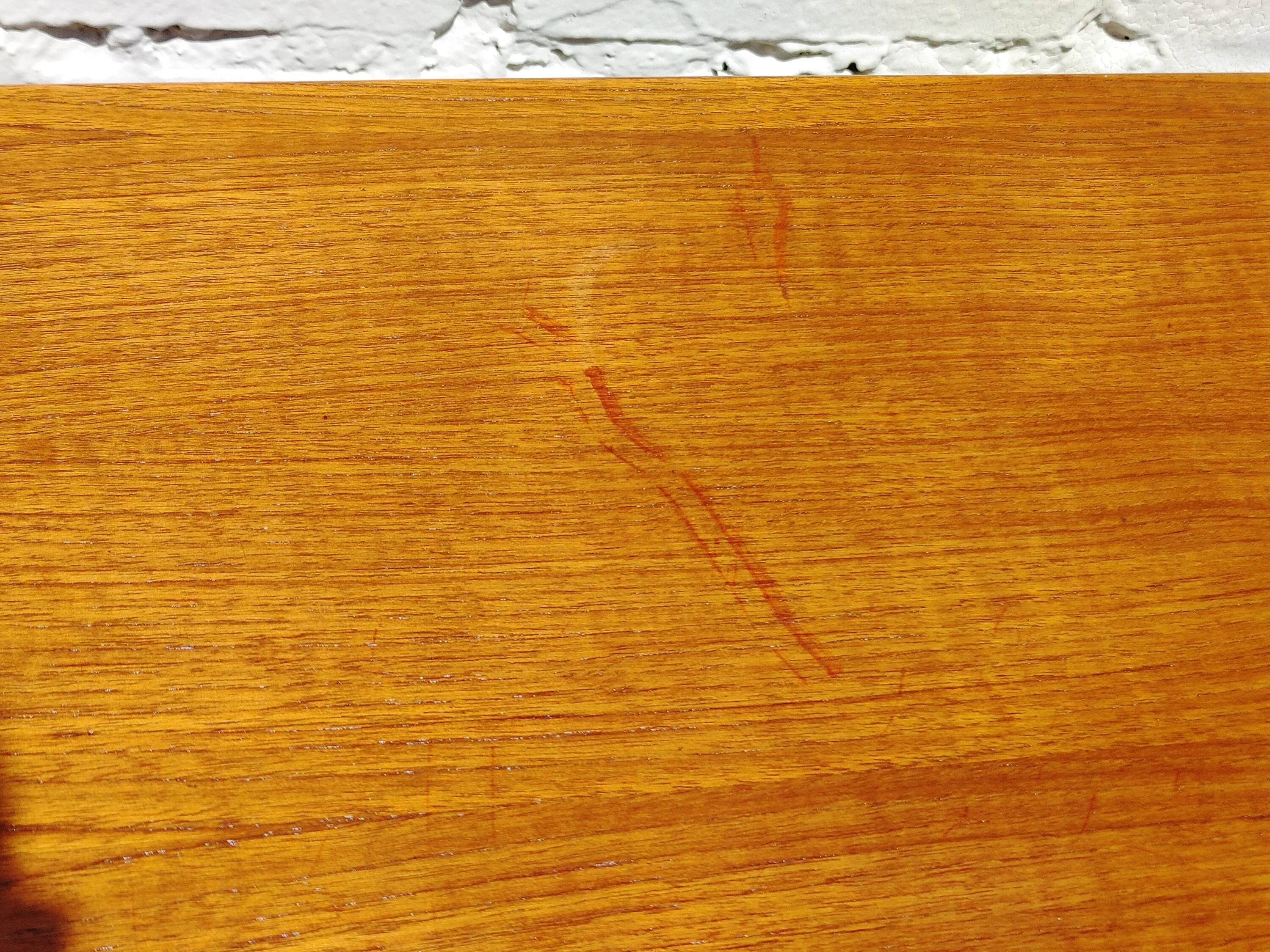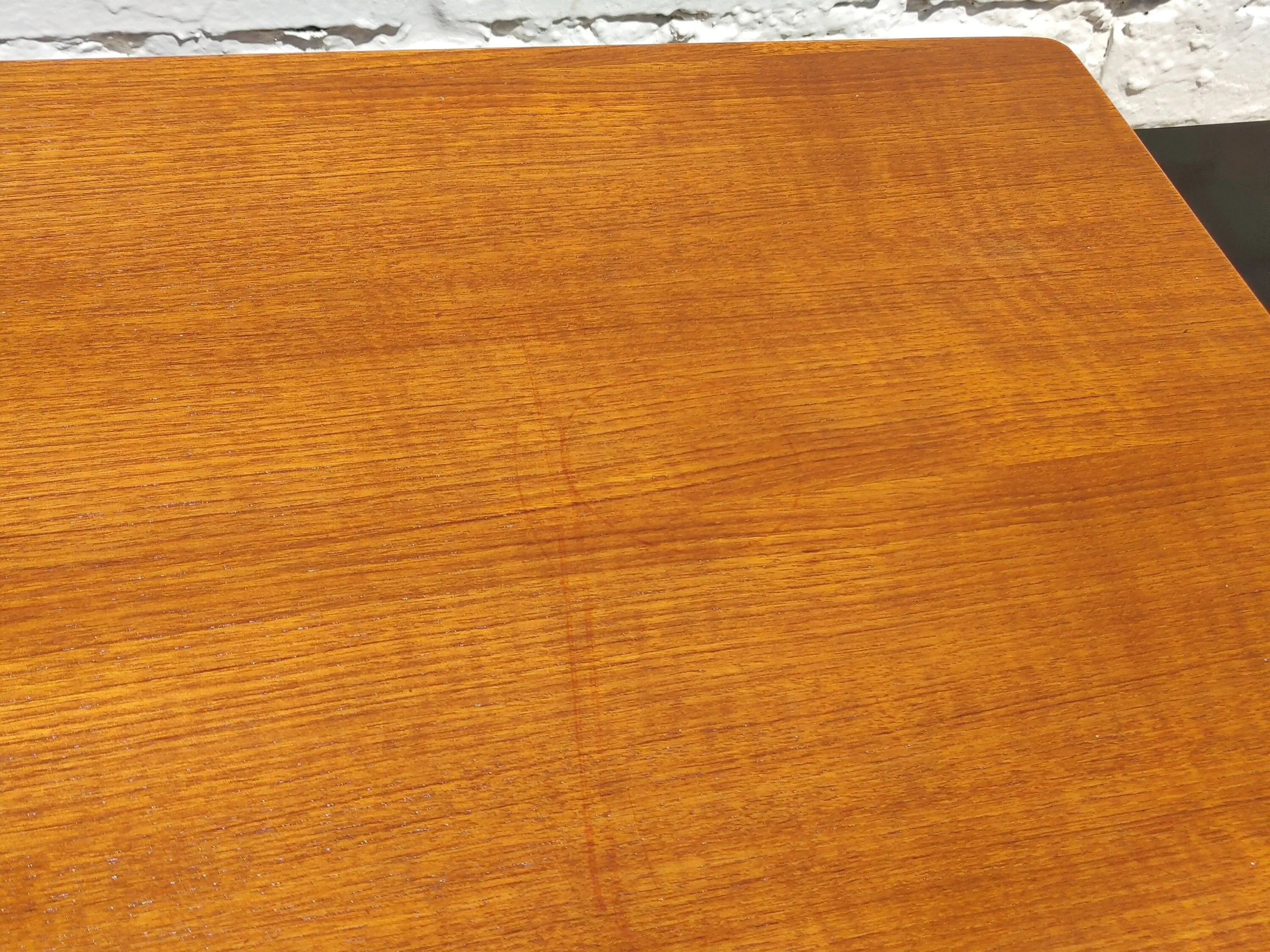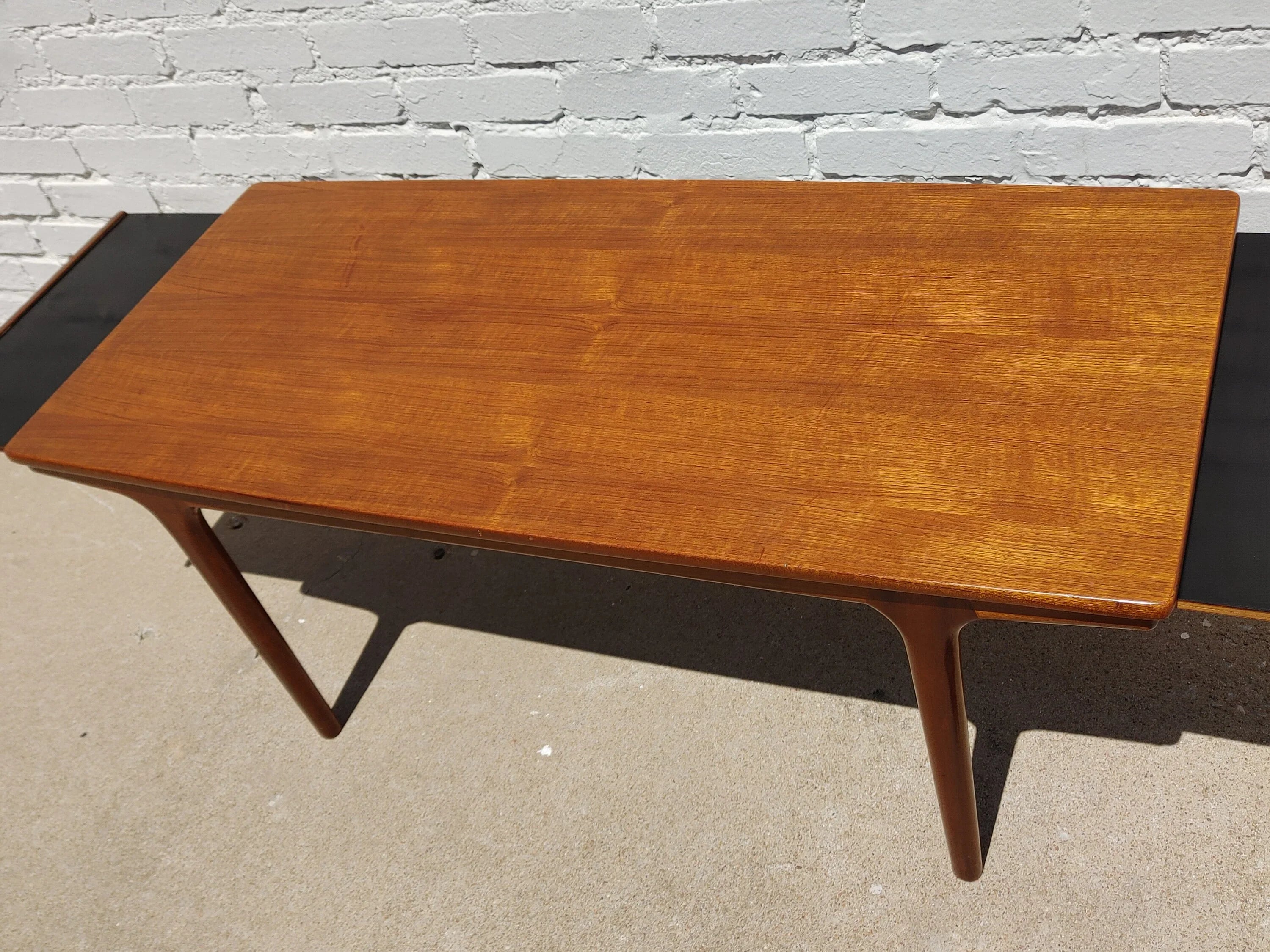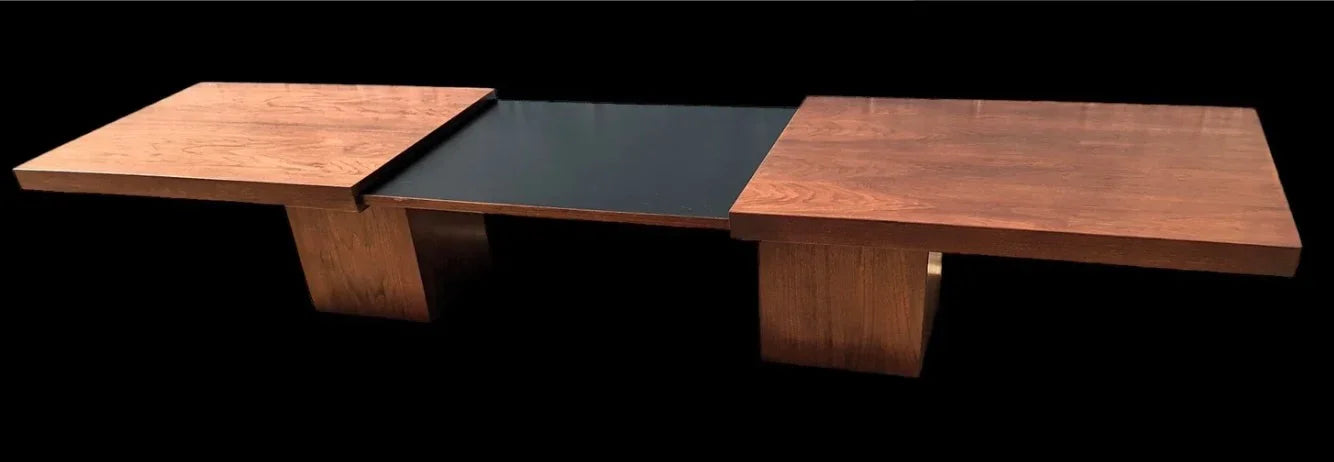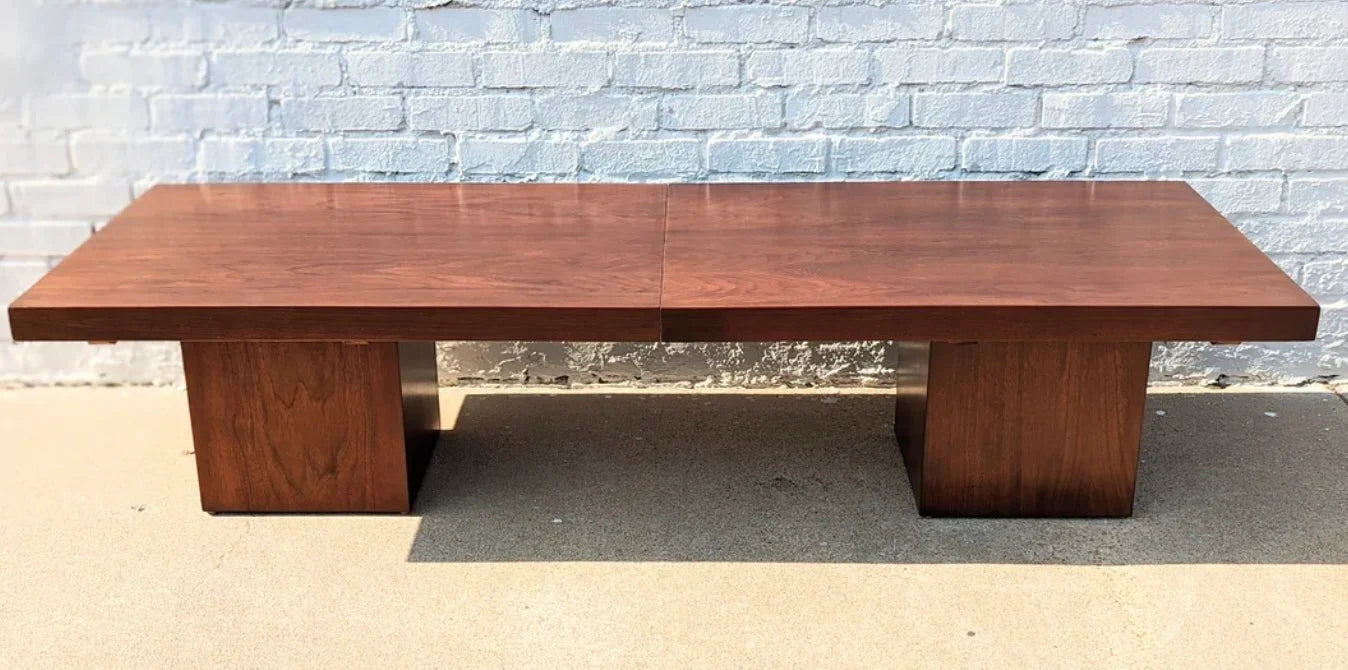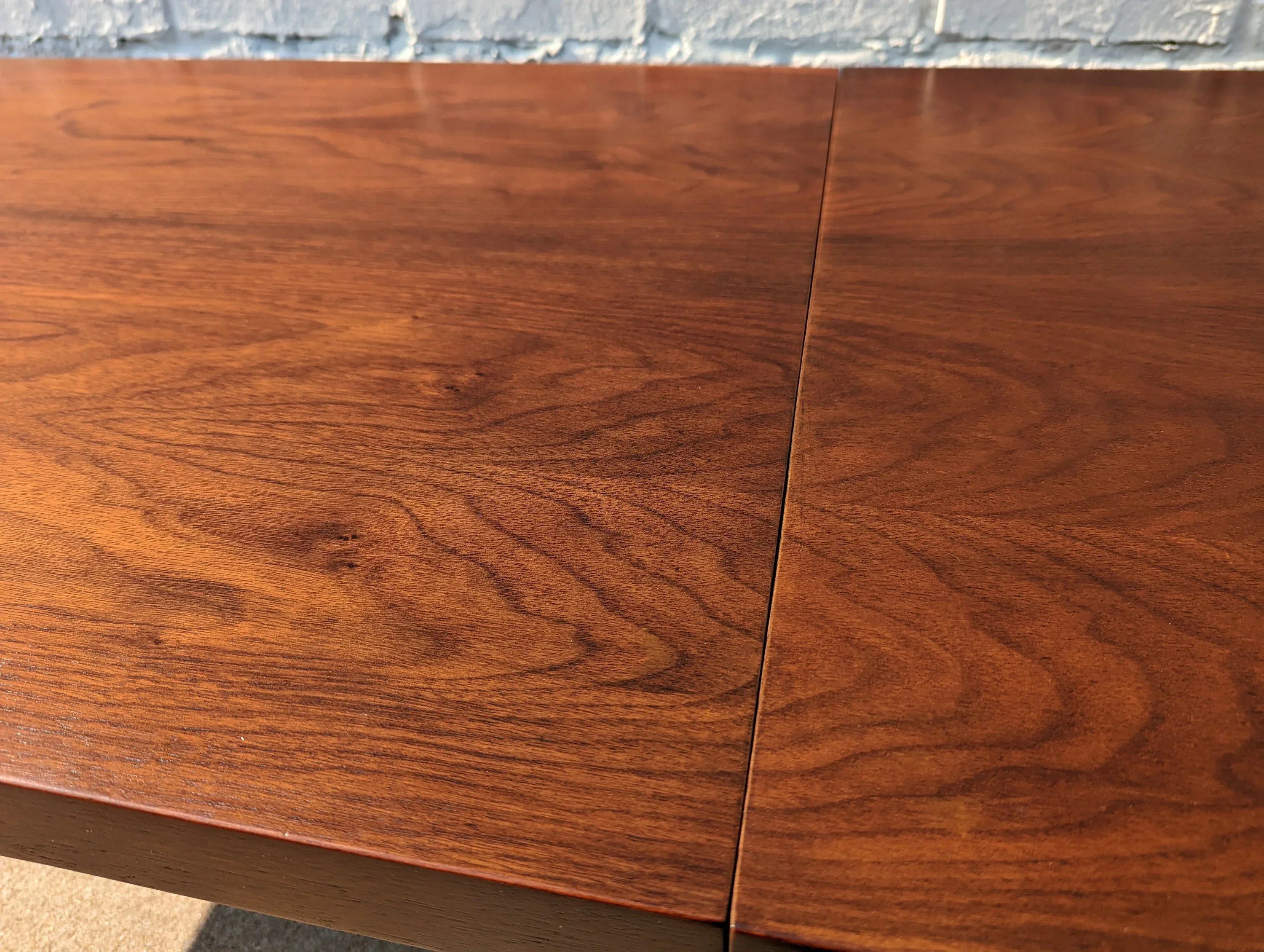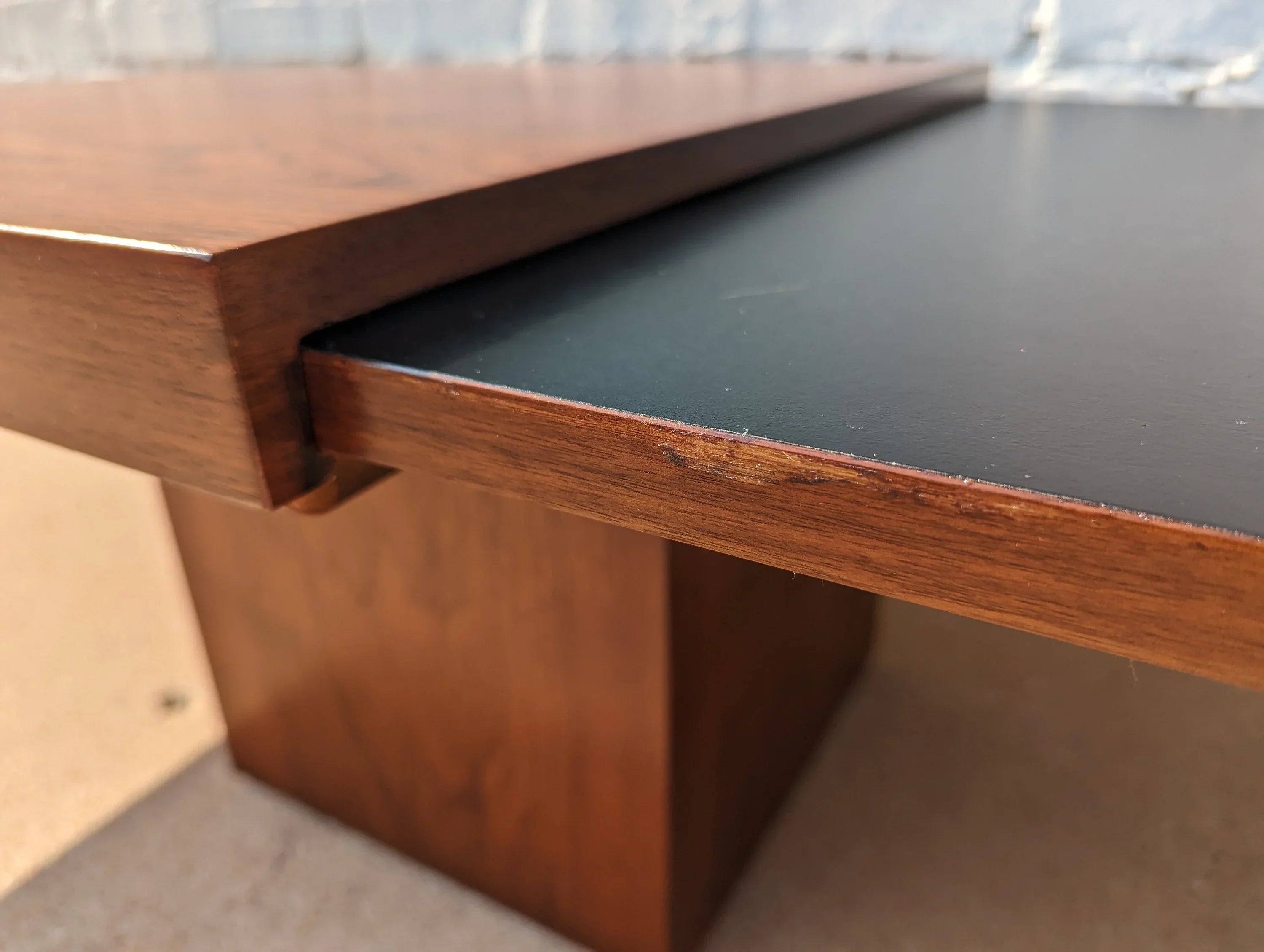Extendable Tables
Extendable Mid-Century Modern Tables
Extendable mid-century modern tables are some of the most versatile and collectible pieces of the era. Designed between the 1950s and 1970s, these tables use clever mechanisms—folding leaves, pull-out extensions, and drop-leaf designs—to expand and contract as needed. Whether crafted from warm teak, bold rosewood, or rich walnut, extendable tables allowed mid-century homes to adapt easily from family dinners to formal entertaining. Today, these timeless designs remain favorites for collectors and homeowners alike.
Why Extendable Tables Were Revolutionary
Postwar homes were often smaller, yet entertaining became a central part of modern living. Designers solved the problem by creating tables that could expand when guests arrived and contract when not in use. Extendable tables reflected the mid-century values of practicality, clean design, and craftsmanship. The idea of “less, but better” was built into every leaf and joint.
Popular Types of Extendable Tables
- Draw-Leaf Tables: Side leaves slide out smoothly and lift into place, common in Danish teak designs.
- Drop-Leaf Tables: Hinged leaves fold down to save space, ideal for small apartments or breakfast nooks.
- Gateleg Tables: Folding supports swing out to hold large leaves securely.
- Extension Tables: Hidden leaves extend the surface, sometimes with butterfly mechanisms for seamless transitions.
Designers and Makers
- Arne Vodder & Danish workshops: Known for teak draw-leaf dining tables with clean lines.
- Gio Ponti & Italian makers: Experimented with sculptural bases and lacquered finishes.
- McIntosh of Scotland: Famous for sleek extendable dining tables in rich woods.
- Paul McCobb: Created minimalist extension tables in lighter woods with functional detailing.
How to Style Extendable Tables
Extendable tables adapt easily to modern homes. Pair a teak extension table with Scandinavian dining chairs for a cohesive look, or combine a rosewood drop-leaf table with chrome accents for a bold contrast. For flexible living, an extendable table can serve as a desk by day and expand for dining at night. Their compact versatility makes them perfect for apartments, condos, and open-plan layouts.
Related Collections to Explore
Collector Appeal
Extendable tables are prized for their practicality and design pedigree. Danish teak examples remain highly collectible, while Italian lacquered and chrome-based designs offer a glamorous alternative. Brands like McIntosh and Knoll also produced sought-after variations. Their ability to combine form, function, and longevity ensures extendable tables remain a strong investment for buyers.
Care & Maintenance
- Teak & Rosewood: Condition with oils to prevent drying. Learn more at Teak – The Wood Database and Rosewood – The Wood Database.
- Lacquer: Clean with a soft cloth; avoid abrasives. See Britannica: Lacquer.
- Hardware: Keep hinges, slides, and butterfly mechanisms lightly oiled for smooth function.
Learn More
Pro tip: Extendable tables are perfect for buyers who want the flexibility of multiple table sizes in one elegant piece. Invest in an authentic mid-century extendable table to combine practicality with collectible design.
Lane Acclaim Extendable Coffee Table

